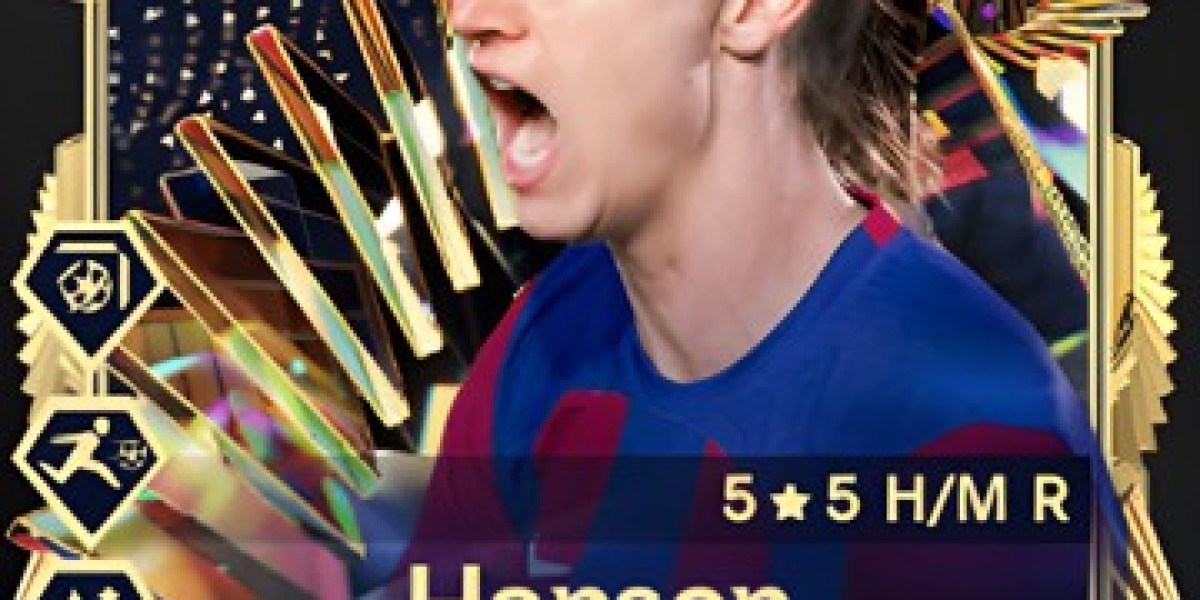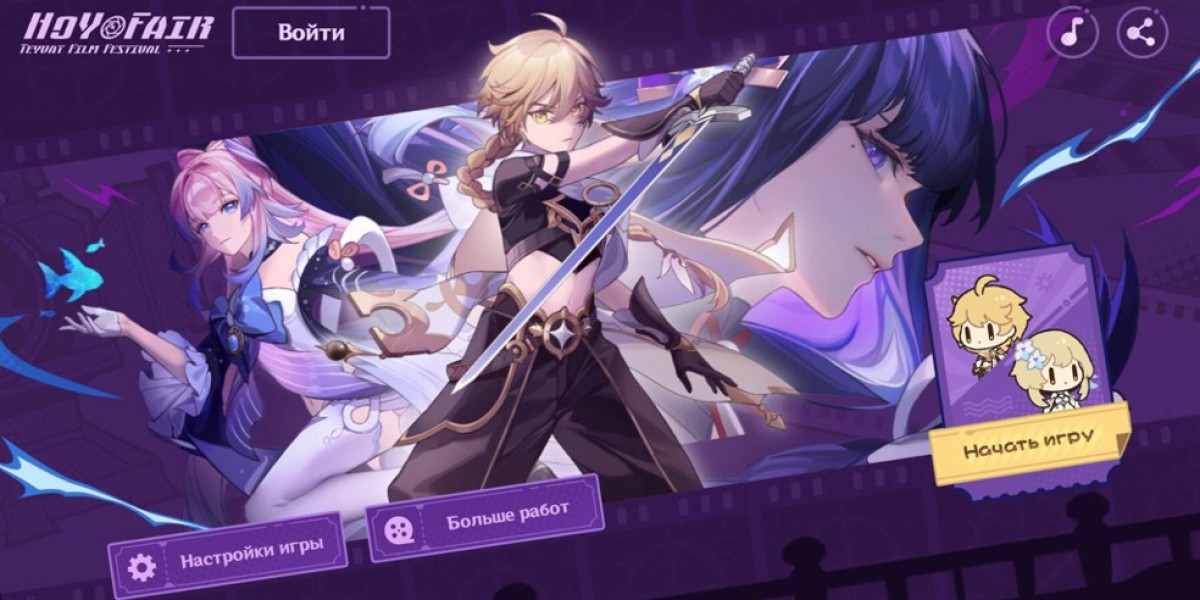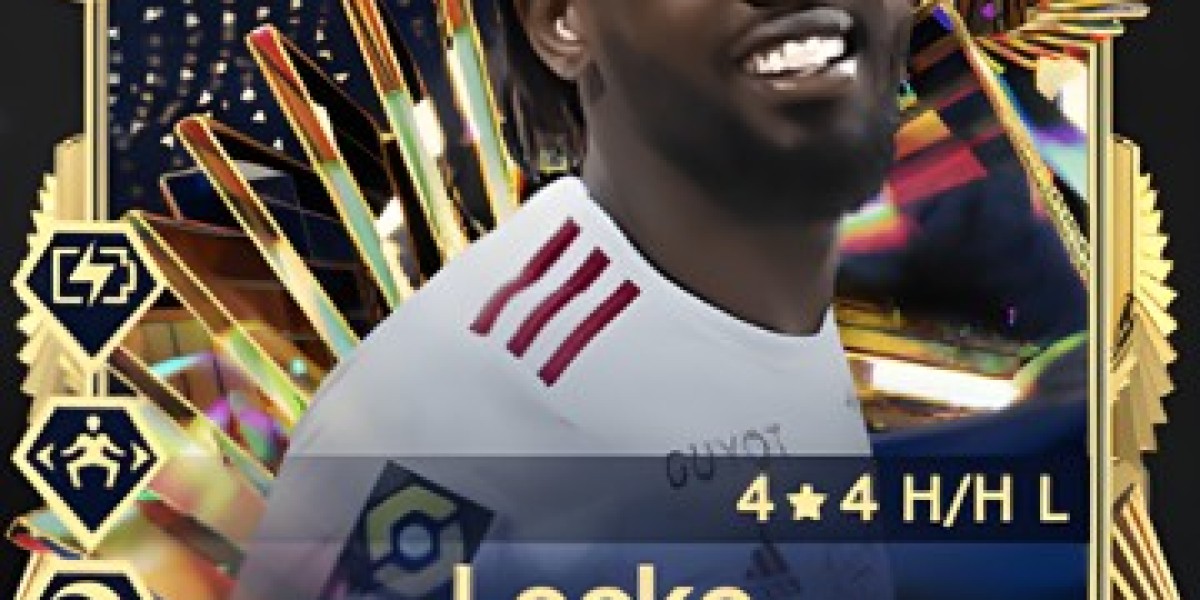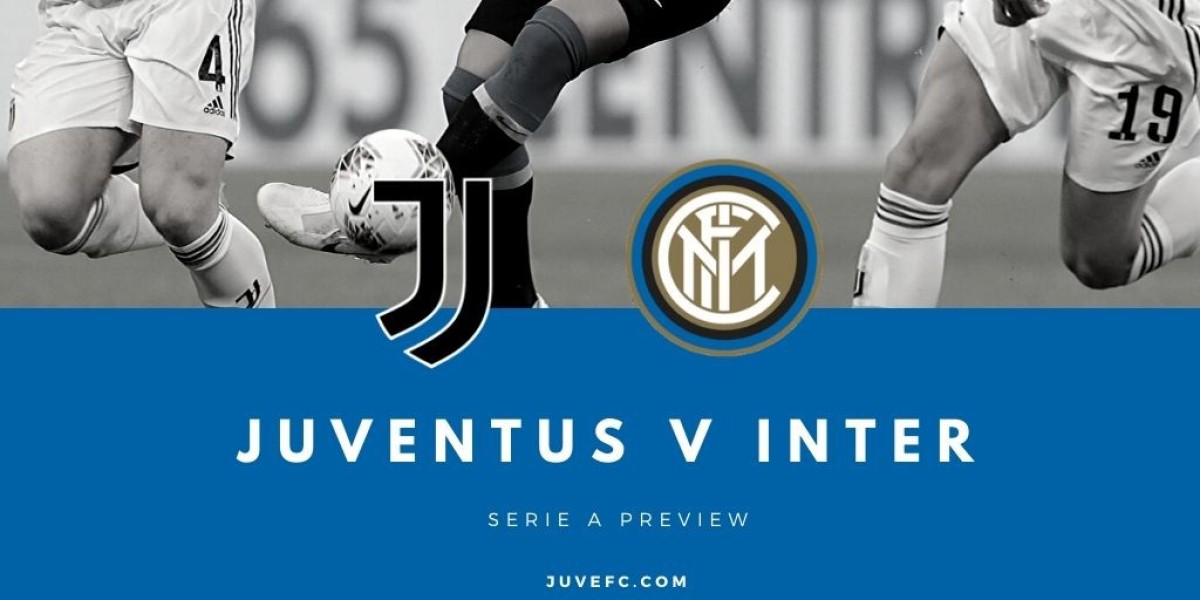Ever feel like you and your partner are living in separate realities? You speak different languages, misunderstandings fester like weeds, and date nights feel like forced conversations. Maybe you've considered calling it quits, but a flicker of hope remains. Here's the good news: there's help available, and it doesn't involve learning a new language!
Think of relationship coaching as a personalized translator for your love life. Just like a good translator bridges the gap between cultures, a coach helps you and your partner understand each other's emotional languages.
Imagine Sarah and Michael, a couple on the verge of throwing in the towel. Sarah, a passionate communicator, craves deep conversations and feels emotionally neglected by Michael's stoic silence. Michael, on the other hand, feels overwhelmed by Sarah's intensity and withdraws to process things internally. Their communication styles clash, leaving them both feeling hurt and unheard.
This is where a coach can step in. By acting as a neutral third party, the coach can help Sarah and Michael identify their unhealthy communication patterns. They'll learn valuable skills like active listening, where you truly focus on understanding your partner's perspective. Imagine Michael putting down his phone and giving Sarah his full attention, allowing her to express her feelings without interruption. The coach can also teach Sarah to express her needs in a way that feels clear and respectful, without coming across as nagging.
But communication is just one piece of the puzzle. A good relationship coach will also help Sarah and Michael develop their emotional intelligence. This means understanding and managing their own emotions, as well as recognizing and responding to each other's feelings. Imagine Sarah being able to identify the source of her frustration (feeling emotionally neglected) and communicating it calmly to Michael. At the same time, Michael can learn to recognize Sarah's emotional cues and respond with empathy, even if he processes things differently.
Here's the thing: conflict is inevitable in any relationship. But a coach can equip Sarah and Michael with the tools to navigate disagreements constructively. Instead of getting stuck in a blame game, they'll learn to identify the root cause of the conflict, brainstorm solutions together, and reach compromises that leave them both feeling respected.
Relationship coaching isn't about micromanaging your relationship or telling you what to do. It's about empowering you and your partner to build a stronger, more fulfilling connection. If you're feeling lost in translation,consider seeking help from a licensed therapist or counselor specializing in relationship coaching. They can provide a safe space to explore your communication styles, emotional needs, and develop a personalized roadmap for a happier, healthier love life.
Remember, a healthy relationship takes work, but with the right tools and guidance, you and your partner can write a love story that thrives, not just survives. So why not give yourselves a fighting chance?








